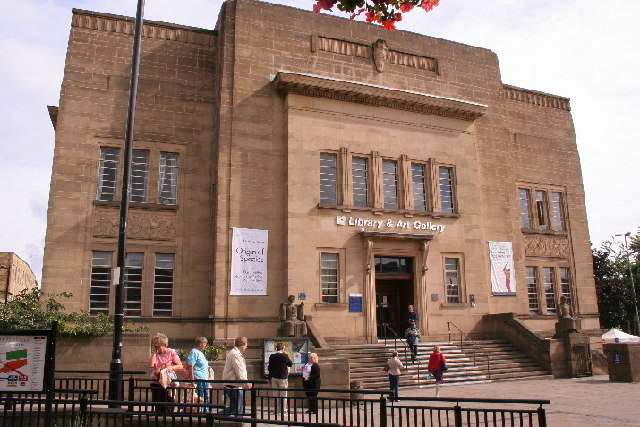Tom Hunter from the Arthur C. Clarke Award has been asking for possible contenders that may not have been submitted so far. I take an interest in the fringes of sf and mainstream fiction, and was able to suggest quite a few. “These really all need to be in a blog post,” said Niall Harrison; so here they are, along with three that Niall suggested to Tom.
To be clear, I haven’t read all of these myself, and some of them will turn out in the reading not to be classifiable as science fiction. But they all sound to me like books that should be on the Clarke’s radar at this stage, so the judges can have the opportunity to make that call.
(EDIT 18/10 — two more books, by Peter Carey and Ben Marcus, added to the list)
Alex Adams, White Horse (Simon & Schuster)

A post-apocalyptic tale of a pregnant woman journeying through a disease-ravaged world.
Juliana Baggott, Pure (Headline)

Another dystopian novel, this one for a YA audience.
Adrian Barnes, Nod (Bluemoose)

A third story of society transformed, this time as a result of near-total insomnia.
Peter Carey, The Chemistry of Tears (Faber & Faber)

A museum conservator explores the story of an extraordinary 19th century automaton.
Jennifer Cryer, Breathing on Glass (Little, Brown)

The personal and professional dramas of two scientists aiming to grow pure stem cells in the lab.
Carlos Gamerro, The Islands (And Other Stories)

One of their titles was shortlisted for the Booker; could And Other Stories also have a Clarke contender in this novel of the Falklands War and virtual reality?
Harry Karlinsky, The Evolution of Inanimate Objects (The Friday Project)

The biography of the fictitious Thomas Darwin, who applied his father’s theories to the development of everyday objects. Recently longlisted for the Wellcome Trust Book Prize.
Torsten Krol, The Secret Book of Sacred Things (Atlantic)

More post-disaster fiction (the moon knocked out of orbit), set amongst a religious community.
Liz Jensen, The Uninvited (Bloomsbury Circus)

Children begin to attack their families at the same time as a spate of bizarre suicides occurs worldwide; an anthropologist tries to spot the patterns beneath it all. Reviewed by me here.
Russell Kane, The Humorist (Simon & Schuster)

A comedy critic with an intuitive understanding of humour, but no sense of empathy, discovers a formula for the ultimate joke – one that can make people laugh to death…
Alan Lightman, Mr g (Corsair)

Mr g creates the Universe – then has to grapple with the philosophical implications.
Evan Mandery, Q: A Love Story (Fourth Estate)

A man meets his ideal woman – and is then visited by his future self, ordering him to end the relationship. Reviewed by me here.
Ben Marcus, The Flame Alphabet (Granta)

A new epidemic – children’s speech becomes literally toxic to their parents.
Lydia Netzer, Shine Shine Shine (Simon & Schuster)

A woman faces the demands of domestic life while her astronaut husband is stranded in space after his ship is struck by a meteor.
Simona Sparaco, About Time (Pushkin)

A rich playboy without a care has to adjust when time begins to speed up for him.
Karen Thompson Walker, The Age of Miracles (Simon & Schuster)

A coming-of-age novel set at a time when the Earth’s rotation begins (and continues) to slow.
Juli Zeh, The Method (Harvill Secker)

A young woman seeks justice for her brother in a place where good health is enforced by law.
EDIT, 25/10 — More suggestions, from the comments:
Ned Beauman, The Teleportation Accident (Sceptre)
Peter Heller, The Dog Stars (Headline)
Lauren Groff, Arcadia (William Heinemann)
Mez Packer, The Game Is Altered (Tindal Street Press)
C.J. Sansom, Dominion (Mantle)
Sam Thompson, Communion Town (Fourth Estate)





Recent Comments